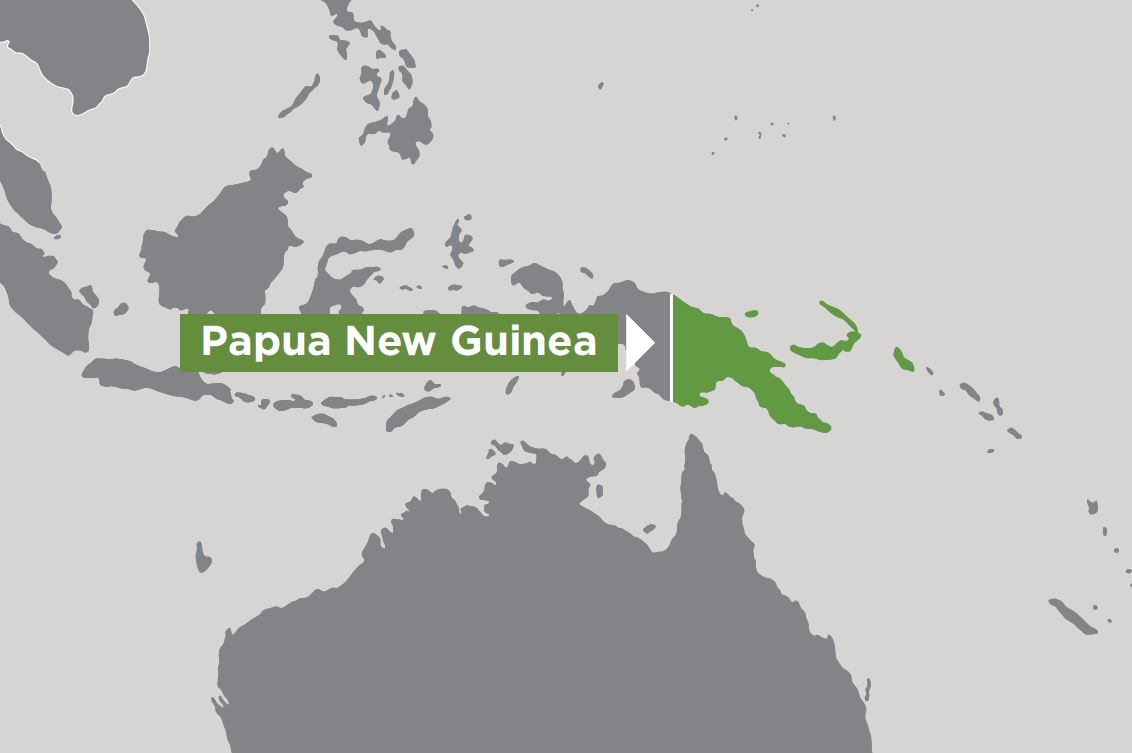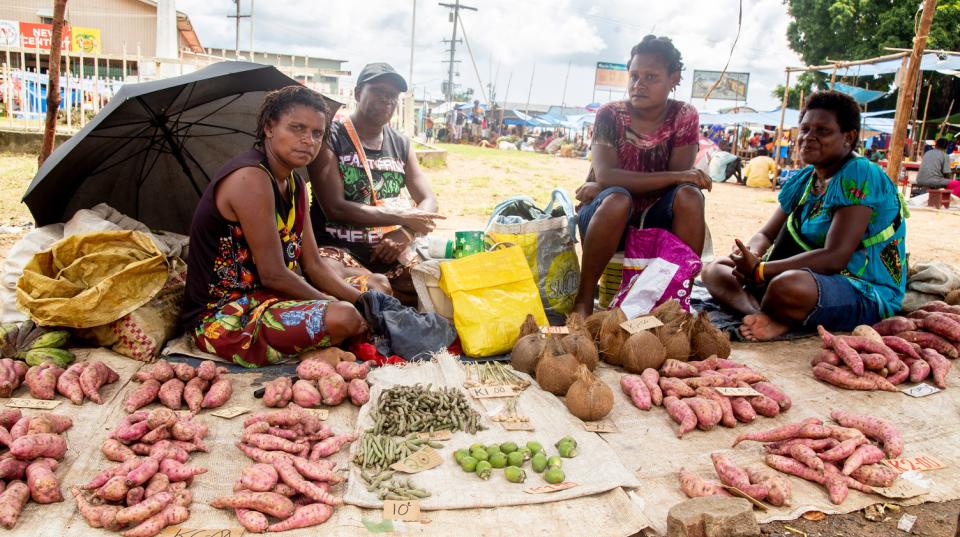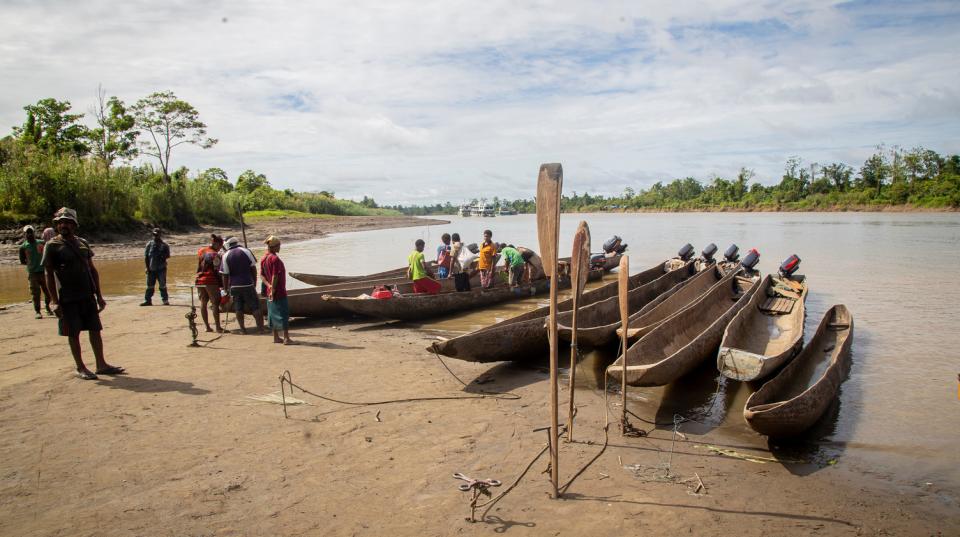Overview
This project aims to identify locally appropriate livelihood development practices for the agricultural development sector working across the diverse regions of Western Province in Papua New Guinea (SFRP, church-based groups, rangers, NGOs, local government officers and others).
The study aims to identify suitable tools and methods for participatory livelihood development activities that are tailored to the different geographic, ecological and social contexts across Western Province (including economic and livelihood contexts identified in the complementary work in FIS/2021/122). The study will consist of a broad review of the social, cultural, environmental and economic characteristics of diverse groups across the Western Province so that suitable development approaches can be recommended. In this way future interventions can be better co-designed with women, men and youth living in rural communities, and create better alignment between formalised market systems and traditional social systems and associated livelihood strategies.
The project will support the aid sector to better tailor development programs with appropriate place-based, strength-based, gender sensitive approaches. The tools and methods identified in the study are important resources (‘tools of the trade’) to support practitioners improve their practice.
The research consists of one integrated project broken down into two small research projects (FIS/2021/122 and FIS/2021/113).
Project outcomes
- Reviewing what is known about existing and past development practices in Western Province and assess the extent to which they deployed a place-based, strengths-oriented, gender sensitive approach to agricultural livelihoods development across Western Province.
- Identifying approaches for accessing Indigenous and place-based knowledge and practices to inform agricultural livelihoods development across the region.
- Developing a range of methods and tools to support strengths-based, place-based and gender sensitive community led agricultural development in Western Province.
- Building capacity of local partners and community members in strengths-based development practice.
Summary of outcomes to date
2021–22
- Stakeholder Reference Group established to inform the research. The group includes representatives from relevant government authorities in Papua New Guinea (PNG), key international aid agencies active in the province, and the Australian High Commission, CSIRO and ACIAR.
- 97 documents compiled, and analysis completed for 46% of these to inform mapping of diverse economies and ecologies of Western Province, identify key strengths and assets of Western Province communities, and reveal the strengths and weaknesses of existing community-based research and development practice.
- A series of maps have been produced as raw materials for further synthesis.
- Expert informant interviews have begun. These interviews asked key informants with intimate knowledge of the province to reflect on the research and development programs they have been involved in, to share stories of failure and success, discuss the reasons for these, and identify the most important assets and strengths for Western Province communities.
- Interim report produced, incorporating a summary of emerging findings to date, and initial recommendations to inform the South Fly and Western Province Resilience Plans. These initial findings will be further tested, extended and revised as the project proceeds.
- Interim findings revealing the rich economic, cultural and ecological diversity of Western Province. In this complex province of PNG, a range of development and research activities have sought to improve agricultural livelihoods, with varying success.






